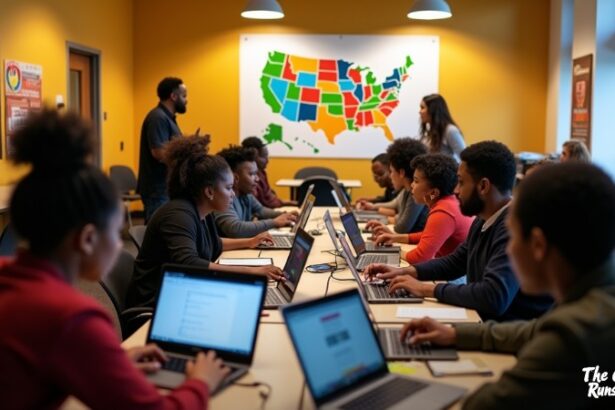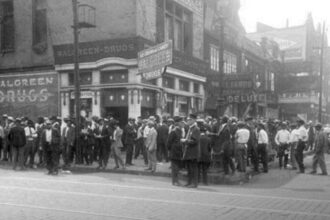Let’s face it: funding has never been equal. For many small business owners, especially those from historically excluded communities, access to capital can feel like climbing a mountain with no gear. But change is happening, and it’s being led by local action.
Take Springfield. With a $2 million Community Navigators Pilot Program, the city is flipping the script. Managed by the local Small Business Development Center, this initiative targets disadvantaged entrepreneurs from immigrant business owners to returning citizens connecting them with trusted mentors, coaching, and loan opportunities. It’s not just about resources; it’s about relationships, representation, and real impact.
Then there’s Denver’s cohort-based training model, a different but equally powerful approach. In this model, small groups work together over time, supported by coaches and peers. Whether it’s educators in leadership programs or startup founders navigating growth, these cohorts create space for reflection, support, and collaborative problem-solving. It’s hands-on learning with community at the center.
How these models make a difference
These aren’t one-size-fits-all programs. They’re intentional, equity-driven models that show what’s possible when support meets strategy. They are the best examples of how to reach those who have historically been excluded from traditional small-business lending.
These initiatives even build trust and provide much-needed support, helping business owners understand the needs of both sides and fostering real relationships.
Cities are finally building ecosystems for small-scale manufacturers and makers. These programs do more than provide space. They also offer mentorship, marketing help, and the chance to grow beyond side hustles into storefronts.
Here’s the bottom line: when local governments and communities invest in entrepreneurs, everyone benefits. Jobs are created. Wealth is distributed. Neighborhoods thrive.
So whether you’re a policymaker, founder, or advocate, look to these models as blueprints. Adapt them to fit your city’s needs. Support them. Fund them. Share them.
Because when small businesses rise, whole communities rise with them, and that’s the kind of economy we all deserve.
Key Takeaways
Local governments and communities in the U.S. are rolling out focused programs aimed at bridging the funding gap for historically underrepresented entrepreneurs, thereby boosting growth and fairness.
- Impact: These initiatives are narrowing the funding gap for disadvantaged entrepreneurs, paving the way for a more equitable economic landscape.
- Action: U.S. policymakers and community leaders should tailor and support these models to address local needs, ensuring wider access to resources and mentorship.
- Empowerment: Entrepreneurs have the opportunity to leverage these programs to grow their businesses while also advocating for sustained support and expansion.








